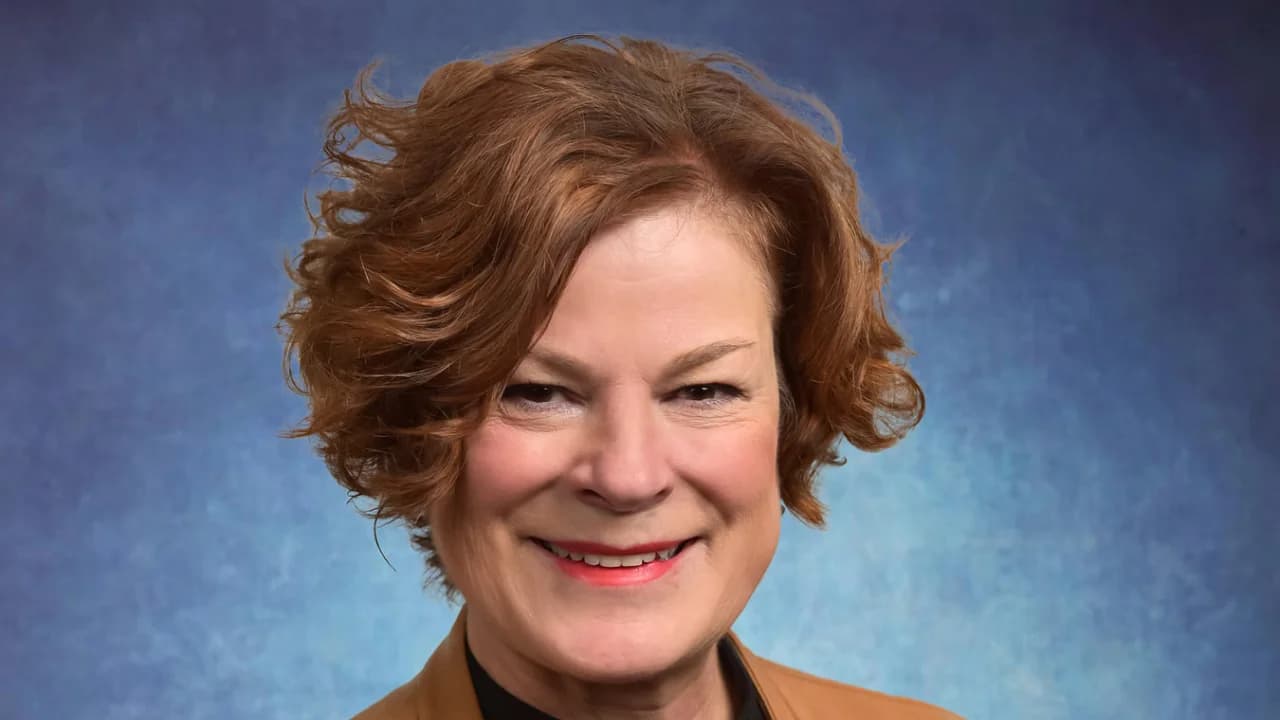Raleigh Approves $2.2 Million for Women Recovery Housing Project
The Raleigh City Council approved $2.2 million from the Affordable Housing Bond to expand Healing Transitions Forward Together with 17 affordable units for women and mothers completing recovery programs. The project, funded through the Small Scale Rental Development program, aims to provide long term affordability, supportive amenities, and proximity to transit and retail to help residents rebuild stability.
Listen to Article
Click play to generate audio

The Raleigh City Council has allocated $2.2 million from the Affordable Housing Bond to support Forward Together, a Healing Transitions project that will expand the organization s Women s Campus with 17 affordable units focused on women and mothers completing recovery programs. City officials say the units will remain affordable for at least 50 years, and the funding comes through the Small Scale Rental Development program which assists nonprofits in building smaller, community based affordable housing across Raleigh. North Raleigh Today first reported the approval on November 4, 2025.
Planned amenities for the expanded Women s Campus include shared wellness spaces, peer support areas, rooms for yoga and meditation, children s play areas, and community gathering spaces. The site s location near transit and essential retail is intended to reduce barriers to employment, medical care, and childcare as residents transition from treatment into greater independence. The combination of housing and on site supportive space reflects a targeted approach to recovery housing that links shelter to services.
The approval illustrates how the city is deploying bond resources to support niche housing needs within Wake County. By channeling Affordable Housing Bond proceeds into the Small Scale Rental Development program, the council is prioritizing smaller, community based projects that can address specific populations rather than only pursuing larger developments. The 50 year affordability commitment provides a measurable long term constraint on rents, a central accountability mechanism for preserving housing stock for lower income residents.
For local residents the project has multiple practical implications. It increases the stock of affordable units intended for women in recovery, a demographic that often faces both housing instability and childcare responsibilities. Proximity to transit and retail may shorten commutes and reduce living costs, while shared wellness and peer support spaces aim to sustain recovery gains and lower the likelihood of homelessness or relapse. Neighbors and service providers will want clear timelines for construction, management plans, and details on eligibility and referral pathways to understand how the new units will be accessed.
Institutionally, the project underscores the role of municipal bond funding, city program administration, and nonprofit partnerships in shaping affordable housing outcomes. The Small Scale Rental Development program can be seen as a tool for distributing public dollars to community based organizations, but it also requires continued oversight to ensure projects meet intended goals and maintain long term affordability. Residents and advocates concerned about housing and recovery services should track implementation details at Raleigh City Council meetings and through Healing Transitions communications to monitor progress and evaluate whether the project delivers the promised stability and support for Wake County families.

